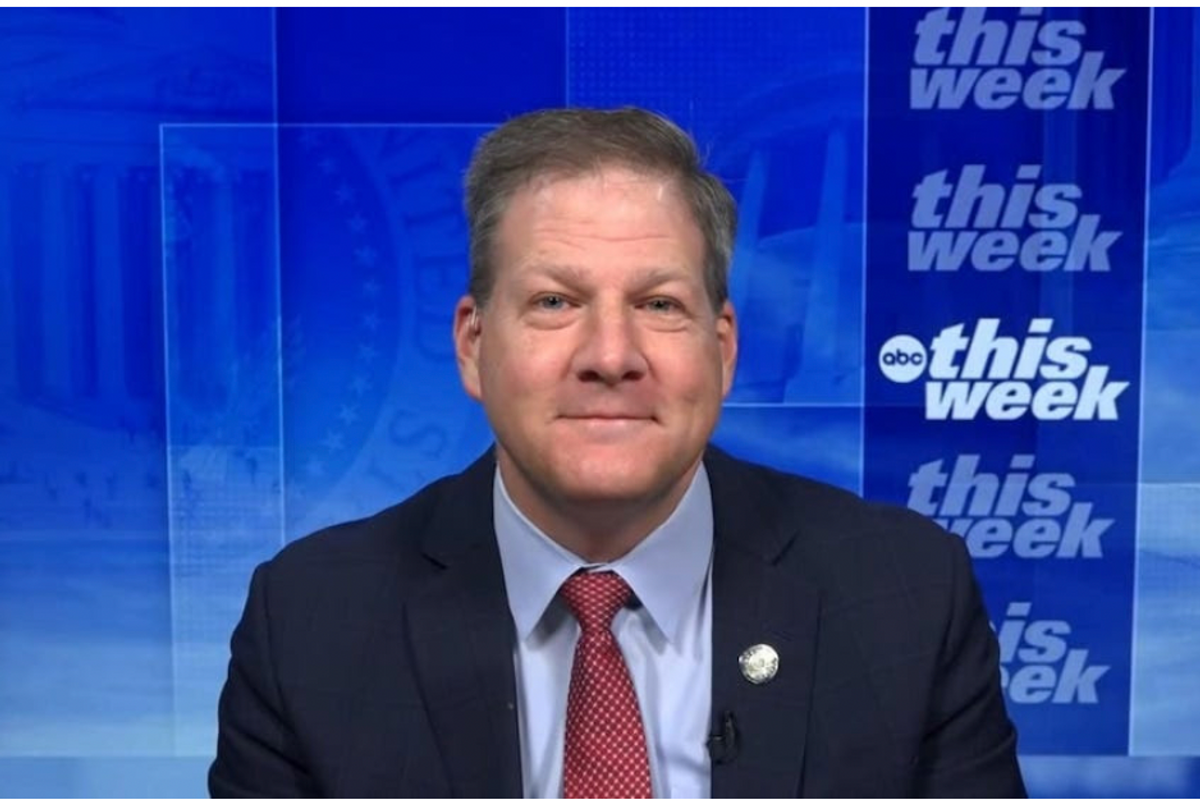Presidential Candidate Sanders Takes Aim At Wall Street, Clinton In Speech

By Amanda Becker
WASHINGTON (Reuters) – U.S. Democratic presidential candidate Bernie Sanders warned on Tuesday that financial-sector greed was “destroying the fabric of our nation” and said the starting point of any Wall Street reform effort is breaking up “too big to fail” banks.
“If a bank is too big to fail, it is too big to exist; when it comes to Wall Street reform, that must be our bottom line,” Sanders said in a blistering speech. He said allowing banks that are too big is essentially providing them with a “free insurance policy” to make risky investments knowing the U.S. government will prevent their collapse.
The U.S. senator from Vermont – an independent and a democratic socialist popular with the Democratic Party’s populist wing – gave his speech at a theater near New York’s Times Square, just “a few subway stops away from the epicenter of the global financial crisis,” as his campaign put it.
Sanders also called for structural reforms to the Federal Reserve, making credit rating agencies nonprofit entities, and a tax on speculative investments. He urged increased penalties for financial fraud or malfeasance by institutions, calling fraud the business model of Wall Street.
His remarks were laced with direct and indirect criticisms of the policies and track record of primary campaign front-runner Hillary Clinton, whose constituency when she was a U.S. senator from New York included the financial industry. The former secretary of state, however, has taken a tougher stance against Wall Street as a presidential candidate.
Clinton, Sanders and former Maryland Governor Martin O’Malley are vying to face the Republican nominee in the November 2016 election.
Sanders and Clinton have tussled over the best way to curb the risky behavior on Wall Street that caused the 2008 financial crisis and triggered the worst U.S. economic slump since the Great Depression.
Sanders favors breaking up too-big-to-fail banks and reinstating a version of the Glass-Steagall Act, a Depression-era law that prohibited commercial banks from engaging in investment banking activities.
Clinton has endorsed an approach that would break up large banks if they take excessive risks. She also believes that reinstating Glass-Steagall, an idea popular with progressive Democrats, would not address the types of institutions that have risen since the law was written in the 1930s.
Glass-Steagall’s main provisions were repealed in 1999 during the presidency of her husband, Bill Clinton – a fact that Sanders highlighted in his speech.
The back-and-forth between Sanders and Clinton over breaking up banks and regulating the so-called shadow banking sector intensified this week, with one of Clinton’s top Wall Street advisers, former U.S. financial regulator Gary Gensler, criticizing Sanders as not focusing on regulating non-bank institutions such as hedge funds and insurance companies.
Sanders said Tuesday that if elected, “Goldman Sachs and other Wall Street banks will not be represented in my administration.”
Gensler, before serving as chair of the Commodity Futures Trading Commission under President Barack Obama and a U.S. Treasury Department official under Bill Clinton, was an investment banker at Goldman Sachs. Former Treasury Secretaries Robert Rubin and Henry Paulson were also Goldman alumni.
Sanders highlighted how he has pushed for legislation to reinstate Glass-Steagall alongside Democratic Senator Elizabeth Warren of Massachusetts, a favorite of progressives. He also quoted another progressive icon, former U.S. Labor Secretary Robert Reich, as criticizing Clinton’s proposals to regulate Wall Street as too weak.
New York City Mayor Bill De Blasio, a progressive, is among those in Clinton’s corner. In a statement on Tuesday, he said that “having studied all the Wall Street reform proposals,” he believes Clinton’s is the “toughest, farthest-reaching plan of anyone running for president.”
On the Federal Reserve, Sander said it should not pay financial institutions interest for the money they keep at the Fed and that such institutions should instead pay the U.S. central bank a fee. He also said he would not put financial industry executives on the Fed’s presidentially appointed board.
Individual companies were also name checked by Sanders. He said that JPMorgan Chase & Co
(Reporting By Amanda Becker; Editing by Jonathan Oatis)
Photos: U.S. Democratic presidential candidate and U.S. Senator Bernie Sanders shakes hands with supporters after speaking at a campaign rally in Manchester, New Hampshire January 4, 2016. (REUTERS/Gretchen Ertl)


